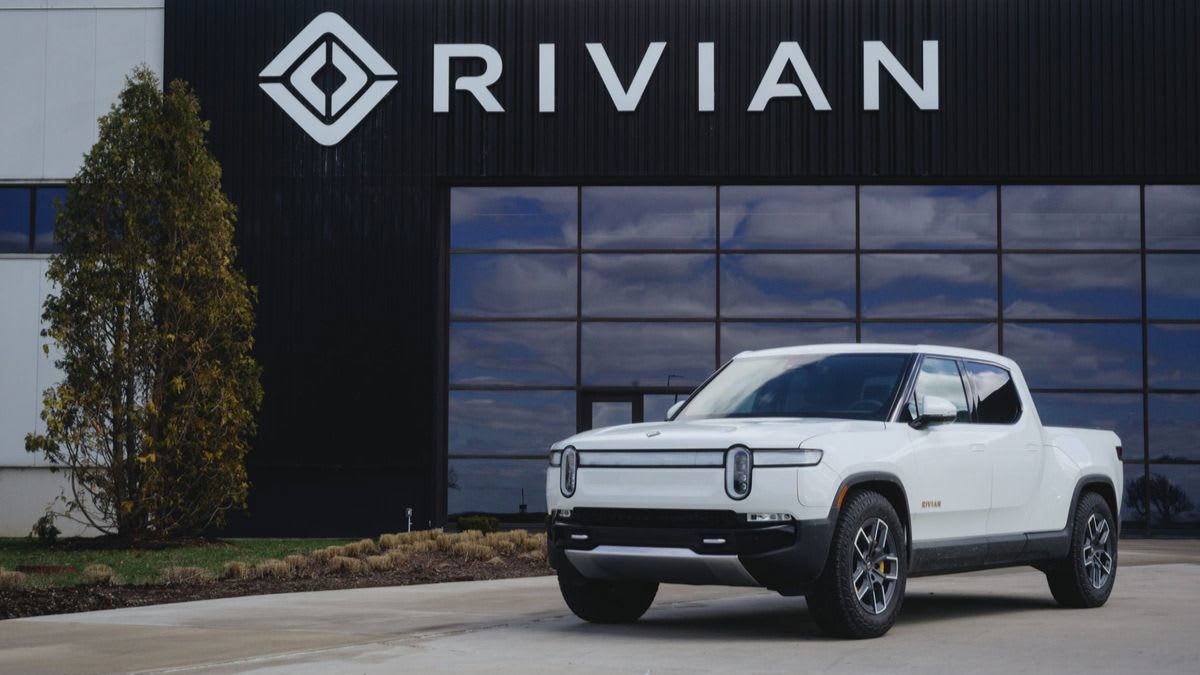Necessary Always Active
Necessary cookies are required to enable the basic features of this site, such as providing secure log-in or adjusting your consent preferences. These cookies do not store any personally identifiable data.
|
||||||
|
||||||
|
||||||
|

U.S. electric vehicle manufacturer Rivian is recalling 24,214 EVs due to a hands-free highway assist software issue. The U.S. National Highway Traffic Safety Administration (NHTSA) on September 12, 2025, said the system may fail to identify lead vehicles correctly.
According to Reuters, the software issue affects models R1S and R1T sold in the U.S. and Canada. These are 2025 Rivian vehicles operating on an older version of the hands-free highway assist software.
U.S regulators identified Rivian’s safety defect after an incident that involved a 2025 R1S vehicle. During the incident, the driver was unable to maintain control after the vehicle’s system misclassified a car moving in low speed. No injuries were reported in the incident.
According to Rivian, the software issue that has led to the latest NHTSA vehicle recall relates to its Level 2 advanced driver-assistance system, which requires driver supervision. This partial automation standard features enhanced capabilities such as automated lane changes and hands-off driving in specific environments.
According to Rivian’s recall filing, the risk of a crash increases if the system encounters a functional limitation and the driver fails to take control of the vehicle. In June 2025, the automaker issued an over-the-air software update version 2025.18.30 to fix a similar defect. The EV maker says over 99% of affected vehicles have been updated.
Automakers have been competing to introduce advanced driver-assistance (ADS) features such as adaptive cruise control and lane-keeping systems in a bid to achieve autonomous driving. In January 2025, Rivian announced plans to introduce advanced driver-assistance systems, including a hands-free system by the end of the year and an ‘eyes-off’ system in 2026.
The systems would enable drivers to take their hands off the wheel and eyes-off the road. At the time, Rivian CEO RJ Scaringe said these capabilities would add an “enormous amount of value to customers.” On September 5, 2025, chip maker Qualcomm and BMW launched an automated driving system, Snapdragon Ride Pilot for hands-free highway driving.
The advanced driver-assistance offers a wide range of driving features including parking assistance, automatic lane changes, and hands-free highway driving. BMW launched the system in its electric BMW iX3 model. Chinese autonomous driving solutions maker QCraft has partnered with Qualcomm to fast-track global deployment of its L2++ to L4 autonomous driving solutions.
L2++ is more advanced than Level 2. It also requires full driver supervision. Level 4 systems feature high-level automation where vehicles drive themselves completely in defined environments like cities or highways without requiring driver supervision. The QCraft-Qualcomm partnership will see the Chinese driving solutions maker build next-generation intelligent assisted driving solutions on Qualcomm’s Snapdragon Ride platform.
With over 24,000 vehicles involved, the latest recall is among the largest that Rivian has had in 2025. Early this month, the EV maker recalled 23 R1S SUVs and R1T vehicles due to an electrical problem that can cause them to lose drive power. In its recall filing, the manufacturer told federal safety officials that the vehicles “may have been built with an improperly grounded connection inside the High Voltage Distribution Box.”
Rivian develops electric vehicles, software and services. The company launched its consumer vehicle business with the R1 platform, which features the R1T and R1S vehicle models. The company generates most of its revenue from automotive and software segments.
In November 2024, the Rivian Q3 earnings failed to impress as the EV maker struggled with safety problems and production disruptions. The company also faced reduced demand for EVs as consumers became more cautious due to uncertainties around charging and cost options. Rivian stock maintained a positive performance, gaining 0.43% on September 12, 2025 despite the U.S. vehicle recall.